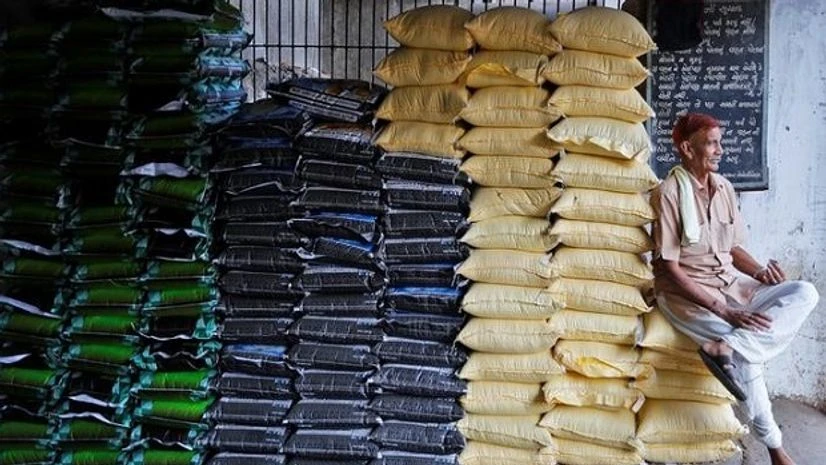State governments should display at ration shops the foodgrain subsidy borne by the Centre and states, to prevent the latter from taking credit for selling subsidised grains to the poor, Food Minister Ram Vilas Paswan said on Monday.
Wheat and rice are sold through public distribution system (PDS) shops, also known as fair price or ration shops, at a highly subsidised rate of Rs 2 and Rs 3 a kg, respectively, as mandated by the Food Security Law.
“It is unfortunate that most states are taking credit for this even though the entire PDS foodgrain subsidy is borne by the central government. So, we have asked states to display the details at PDS shops," Paswan told reporters.
The Centre bears a subsidy of Rs 22 on wheat and Rs 29.64 a kg on rice. “Except for one or two states like Tamil Nadu, which are further subsidising it and selling it free of cost, others are not shelling out (anything) from their pocket," he said.
The minister said the states have been asked to prominently display foodgrain subsidy on a board at all ration shops for public awareness. “More public awareness is required on this issue because, for instance, in Bihar the poor think that (chief minister) Nitish Kumar is giving foodgrain at Rs 2-3 a kg. People are not aware that the Centre is providing it," he added.
Also Read
The central government’s annual food subsidy bill is over Rs 1 lakh crore.
Paswan also said his ministry was in favour of increasing import duty on tur dal from 10 per cent to 25 per cent in the interest of farmers. His comments followed a meeting with Maharashtra Chief Minister Devender Fadnavis, who sought an increase in Customs duty on tur dal, saying farmers were struggling to get even the minimum support price (MSP) because of record output.
The Centre had last month imposed import duty of 10 per cent on tur dal do protect domestic growers. “Maharashtra CM has demanded increase in tur dal import duty to 25 per cent. I agree that there should be higher duty on tur dal. We will discuss and recommend it to the finance ministry," Paswan told reporters after the meeting.
The food ministry, too, had proposed 25 per cent import duty on tur dal but only 10 per cent was imposed, he said. Higher import duty was necessary to curb sale of cheaper imported pulses as domestic produce at the minimum support price (MSP) to the government agencies, he added. Paswan said government agencies were procuring pulses for buffer stock at MSP. The deadline for procurement of summer (kharif) sown pulses was April 22.

)
